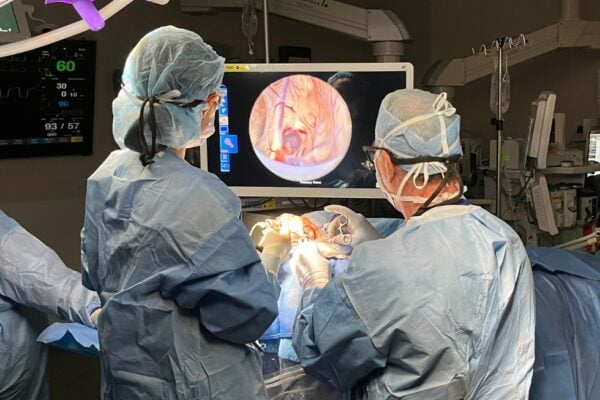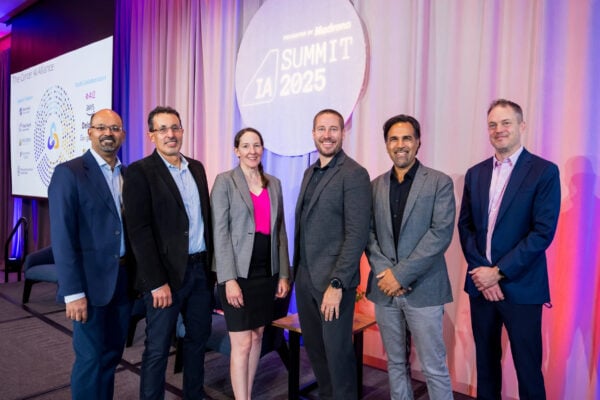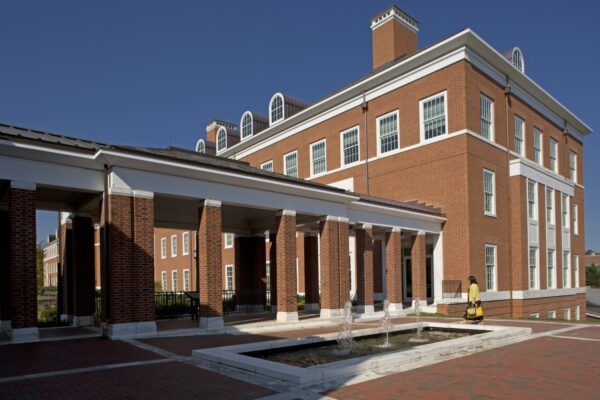In: Machine Learning and Artificial Intelligence

Digital twins for the win
- December 22, 2025
- Machine Learning and Artificial Intelligence
Johns Hopkins researchers are exploring the use of digital twins to improve surgical workflows.

Augmented reality meets neuroendoscopy
- December 12, 2025
- Machine Learning and Artificial IntelligenceRobotics, Augmented Reality, and Devices
Hopkins researchers bring advanced 3D visualization techniques to neurosurgery.

Hold on to your PanTS—there’s a new pancreatic cancer detection dataset in town
- December 10, 2025
- Machine Learning and Artificial IntelligenceMedical Imaging
Developed by a Johns Hopkins-led research team, the Pancreatic Tumor Segmentation Dataset may be the key for training AI models to detect pancreatic cancer early enough to make a difference in patients' survival.

A trailblazing researcher describes her path to AI and health care
- November 18, 2025
- Center NewsData AnalyticsMachine Learning and Artificial Intelligence
A conversation with Johns C. Malone Associate Professor of Computer Science Suchi Saria, who is on a mission to augment human care with the latest in AI and machine learning technology.

Johns Hopkins researchers launch projects under Cancer AI Alliance
- November 12, 2025
- Center NewsMachine Learning and Artificial Intelligence
The researchers are using AI to predict outcomes, individualize treatment, and protect patient privacy, transforming how cancer is understood and treated.

Malone researchers awarded $1.2 million NSF grant
- October 27, 2025
- Machine Learning and Artificial Intelligence
The National Science Foundation awarded a Johns Hopkins team a four-year grant to develop AI capable of giving surgeons expert feedback based on videos of their performance.